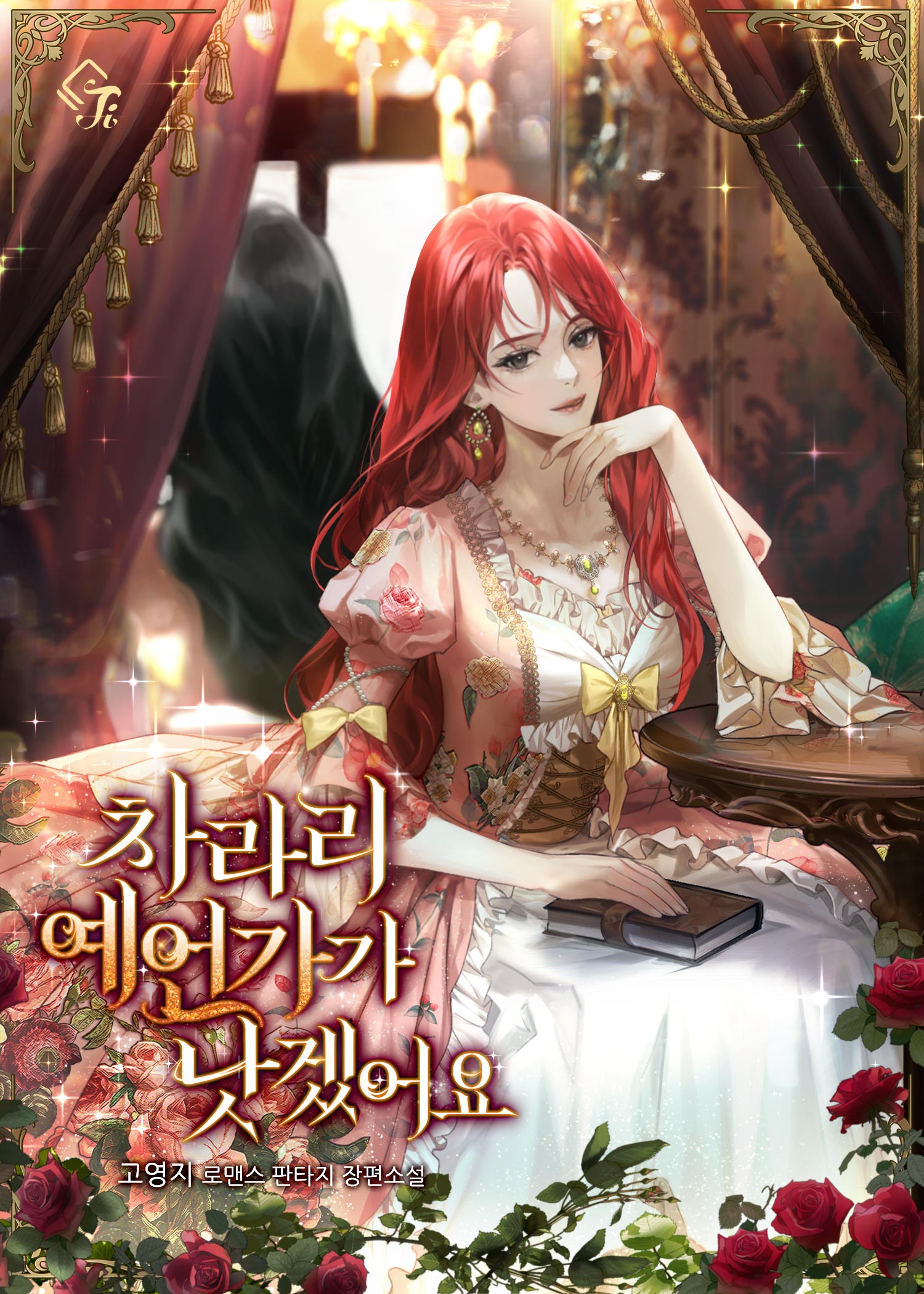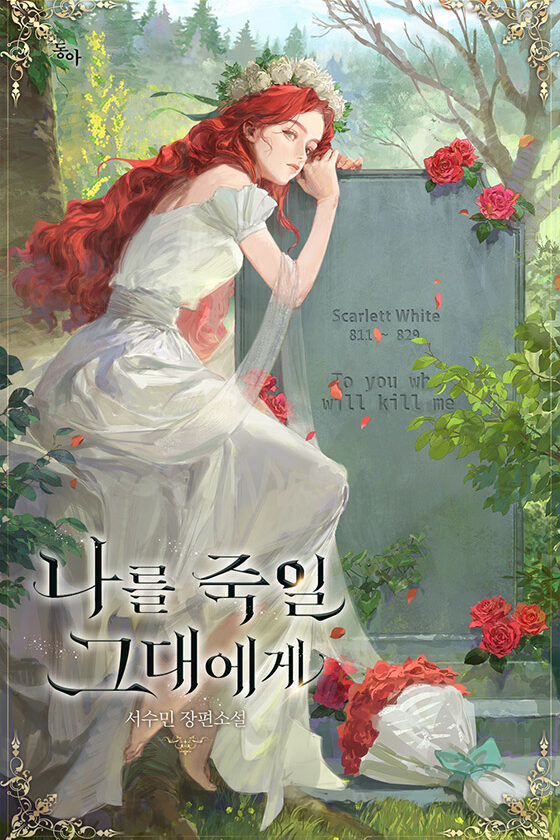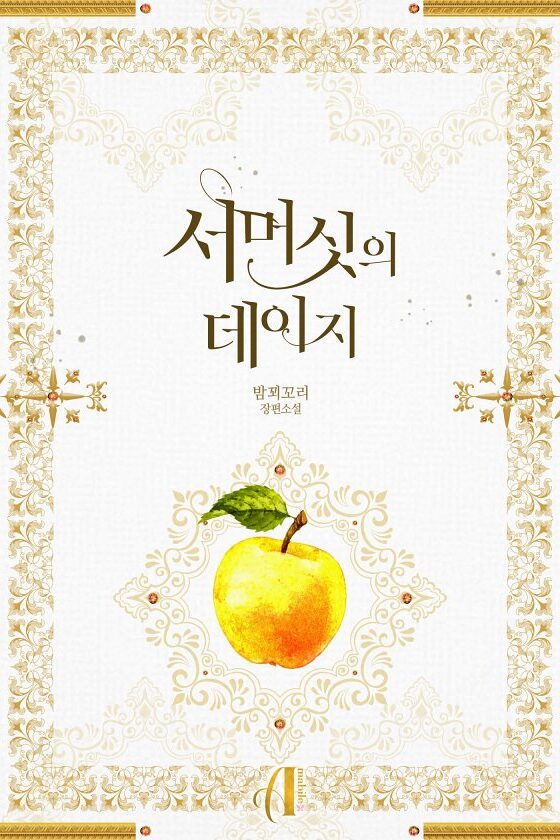Chapter 9: The Patron and the Pawn
Chapter 9: The Patron and the Pawn
Klein was not the type to forget his belongings, and the gloves he had left behind could have easily been discarded.
Yet, on that day, he felt as though fate had guided him back. He considered his second visit a stroke of fortune.
As Klein recalled the girl, Eden began listing the names of famous painters like a parrot.
When Klein denied every name, Eden—ever the enthusiast of the arts—looked horrified that there was a painter he didn’t recognize.
“Then who is it? Who is the artist chosen by the refined Mr. Winsor?”
Klein had not yet received the title of Duke, so he was not supposed to be addressed as “Your Grace.” But Eden, like some of their debtors, mockingly elevated him with a sly smile.
Klein tried to ignore the irritating voice, but then changed his mind.
From experience, he could picture Eden lingering around his house endlessly until he satisfied his curiosity.
It would be even more troublesome if he revealed that the artist was Count Raven’s daughter.
Eventually, he’d have to say it anyway.
Despite Eden’s flippant nature, he wasn’t known to spread rumors. The longer Klein held his silence, the more Eden would pester him.
After a brief moment of thought, he replied with the air of a man tossing out charity:
“Brittany de Raven.”
“…”
“What, is there a problem?”
Eden’s face—rarely without a smile—tightened with a blend of confusion and surprise.
As he tried to grasp the intent, a faint smile appeared on Klein’s face.
“Brittany de Raven? Is she the Count’s daughter?”
Eden asked again.
“Yes.”
“Is the lady beautiful?”
Klein scowled at the question.
“If you’re thinking of anything indecent, it’s best you abandon that thought.”
His face expressed the weariness of a man who had seen every kind of fool. Eden didn’t bother correcting the misunderstanding.
Well, he’s not the type to bring in a woman for such reasons. Seems I was wrong.
Eden quickly brushed the thought aside.
But Klein—spending money so lavishly?
Spending a fortune to sponsor a female painter, and an unknown one at that—no matter how he looked at it, Eden couldn’t find a reason.
“Why are you looking at me like that?”
“No reason. I just wondered if I had misjudged your intentions. Sponsoring art to cleanse the stain of usury sounded plausible, so I assumed that was your motive. I thought our friendship was deep enough for me to know you. I didn’t think you’d sponsor the arts out of goodwill. My apologies for misjudging your heart.”
“Do these eyes look like they belong to a charitable man?”
“From your face… definitely not.”
Eden examined Klein’s features—his thick brows, cold eyes, high nose, and tightly pressed lips—then smirked.
“Exactly. As you see.”
“I see. So you felt guilty about the usury? Wanting to get into heaven?”
Eden snapped his fingers, delighted to have solved the puzzle, and resumed his usual playful tone.
Usury was forbidden by the church, though it was tacitly tolerated due to the institution’s reliance on wealthy patrons.
But the truly devout feared divine punishment, often sponsoring the arts to atone for their sins, hoping that their support for pure artistry would wash away their misdeeds.
“I didn’t know you were so devout.”
“Even a passing dog would laugh at that.”
Klein flatly rejected Eden’s logical guess, which only sparked further curiosity. Eden rubbed his brow, and soon, his pale blue eyes lit up with amusement.
“So… was it love at first sight?”
“I’m not you.”
“Hmm. They say a merchant’s motives are unfathomable. You’re exactly like that.”
Eden raised his hands in mock surrender.
“As you said, I’m a merchant. I don’t do anything that results in loss. I know the value of money too well to act on sentiment.”
“Which is why, when someone like you does something irrational, it feels like a child waiting for a birthday gift. So, tell me—why?”
“Because it will make money, of course.”
This man, obsessed with money…
Eden felt a pang of sympathy for Klein, who saw profit even in things that weren’t inherently profitable. He silently mourned the ten thousand pounds.
Klein noticed Eden’s expression. Brushing back the strands of hair tousled by the wind, he added:
“Not just money. She will give me what I need.”
Yes, that girl would do just that.
Rebuild his damaged reputation from usury. Sell paintings for profit.
And if fortune favored her, like it did for truly gifted artists, she would be invited to the royal court. That alone would grant her patron connections to the royal family. It had to happen. That was the ultimate reason for investing so heavily in her.
A satisfied smile crept across Klein’s lips.
Eden shook his head and patted his broad shoulder.
“Klein, just admit it. You’re terrified of eternal damnation because of your shady business, just like a child fears ghosts.”
“Fine. If you want to believe I did it out of fear of damnation, be my guest.”
As Klein resumed his work, dipping his pen into the ink, Eden exhaled lazily under the summer sun and slipped on his light jacket.
“Well, I’m done here. I’ll take my leave. No need to see me out.”
Klein had no intention of doing so anyway. He waved him off dismissively.
Unbothered by the coldness, Eden rummaged through his jacket, pulled out his wallet, and placed two theater tickets on the desk.
“If you’re bored, come along. It’s better with a girl.”
Not that you ever will, he thought, tapping the tickets.
Klein looked at Eden’s hand and replied with a faint smile:
“If I have nothing better to do, maybe.”
“And if you could sponsor the actor I mentioned, even better.”
A low, disinterested voice answered from behind:
“Support your mistress yourself. Don’t count on my money.”
“Oh, I’ve been found out.”
Eden left the office without turning around, waving his right hand twice.
While Klein continued organizing books and finishing his work, he glanced at the clock and realized it was already midnight.
He extinguished the oil lamp and stood from his chair.
Instead of ascending the stairs to his bedroom, he changed course and went downstairs.
Through the corridor and along the hallway, he eventually saw the faint light of a candle flickering from the annex window.
He gazed at the sight with a pleased look before opening the annex door.
There she was, as if waiting for him despite the late hour, staring absentmindedly at the burning candle.
Upon hearing the door, she jumped to her feet.
He quickly approached the easel before her.
But the canvas he saw was still as white as it had been in the beginning.
He glanced around the annex, but there was no sign of another painting.
Not only had she not touched the canvas—none of the materials had been used.
Indeed, she had painted nothing.
“Why didn’t you paint anything?”
He waited, but no reply came.
“Weren’t you painting all this time, as Count Raven claimed? Was that an exaggeration?”
“…”
“Or did you need time to consider my offer? Unfortunately, you don’t have that luxury.”
Still no response, though his words were clearly not self-directed. He spoke with a tone stripped of emotion:
“Don’t you understand your situation?”
The higher the expectation, the greater the disappointment.
The reality that every hope he had placed in her had burst like a bubble irritated his sensitive nerves.
She was a girl bound by a ten-thousand-pound debt.
She had no right to reject his offer, and he had every right to question her for not painting.
But her lips, sealed like a locked chest, refused to open, making his anger seem justified.
“A patron of the arts. In other words, a master of a slave. That’s what they call those who sponsor art.”





